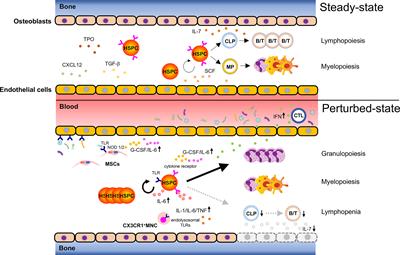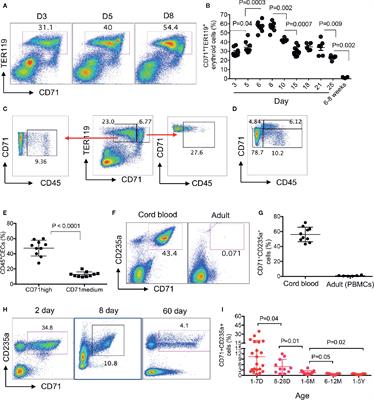EDITORIAL
Published on 12 Nov 2021
Editorial: The Role of Hematopoietic Progenitors in Immune Regulation and Memory
doi 10.3389/fimmu.2021.789139
- 1,449 views
18k
Total downloads
62k
Total views and downloads
EDITORIAL
Published on 12 Nov 2021
ORIGINAL RESEARCH
Published on 03 Aug 2021

ORIGINAL RESEARCH
Published on 21 Jul 2021

REVIEW
Published on 09 Jul 2021

ORIGINAL RESEARCH
Published on 12 Feb 2021

ORIGINAL RESEARCH
Published on 23 Dec 2020

REVIEW
Published on 26 Nov 2020
MINI REVIEW
Published on 25 Nov 2020
REVIEW
Published on 24 Nov 2020

ORIGINAL RESEARCH
Published on 24 Nov 2020
